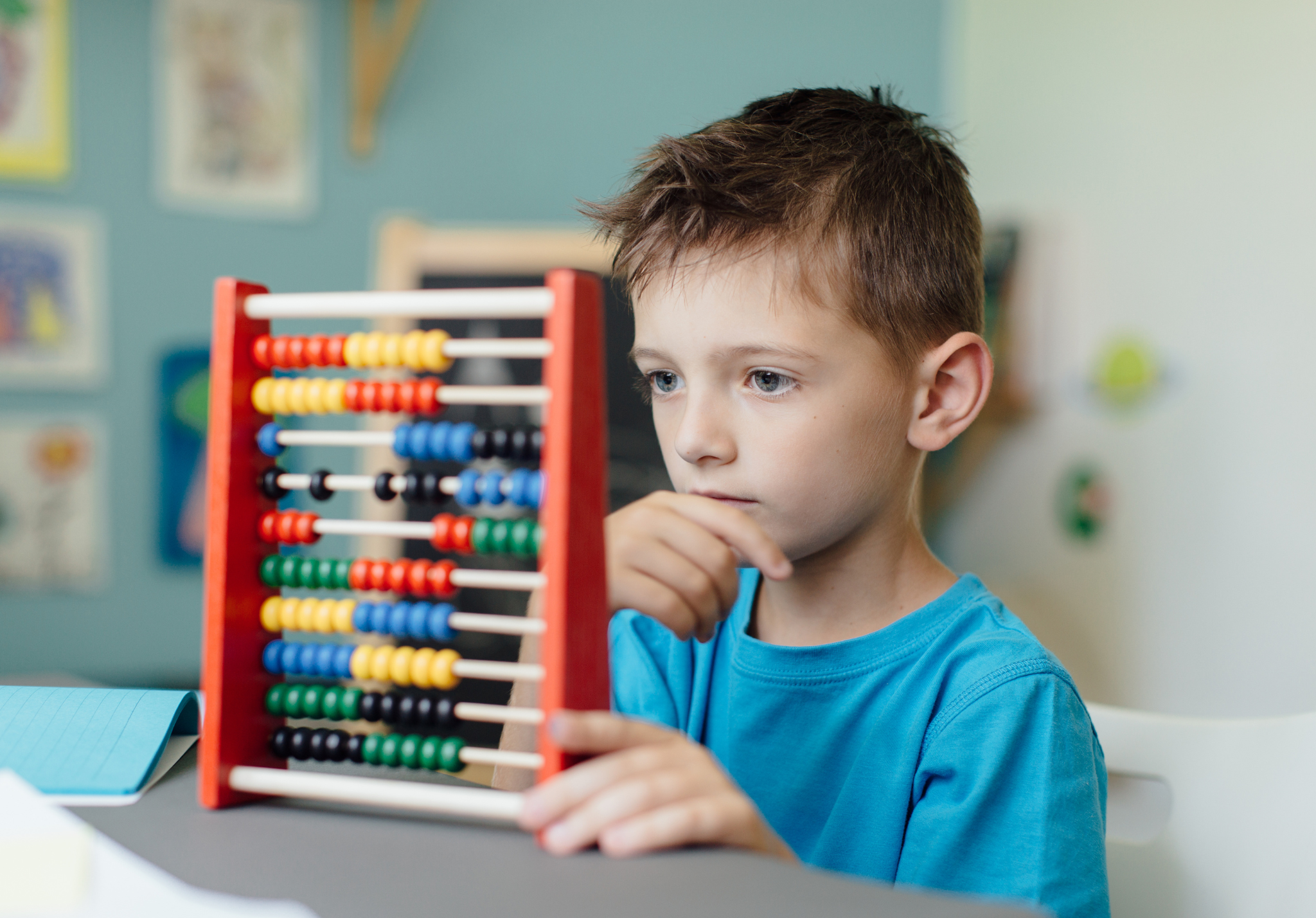Nurturing Critical Thinking Skills in Student
In an era inundated with information, fostering critical thinking skills in students has never been more crucial. As educators, we recognize the importance of equipping learners with the ability to analyze, evaluate, and synthesize information effectively. This article elucidates the significance of critical thinking in education, delineates its key components, and offers strategies for cultivating this essential skill set in students.
Understanding Critical Thinking
 Critical thinking is a multifaceted cognitive process that involves active, reflective, and analytical engagement with information and ideas. It encompasses the ability to question assumptions, discern biases, evaluate evidence, and construct reasoned arguments. Unlike rote memorization or passive acceptance of information, critical thinking empowers individuals to think independently, make informed decisions, and solve complex problems.
Critical thinking is a multifaceted cognitive process that involves active, reflective, and analytical engagement with information and ideas. It encompasses the ability to question assumptions, discern biases, evaluate evidence, and construct reasoned arguments. Unlike rote memorization or passive acceptance of information, critical thinking empowers individuals to think independently, make informed decisions, and solve complex problems.
In essence, critical thinking is a dynamic and multifaceted cognitive process that empowers individuals to engage with information and ideas critically, independently, and reflectively. By cultivating critical thinking skills, individuals can navigate the complexities of the modern world, make informed decisions, and contribute to intellectual discourse and innovation.
Components of Critical Thinking
Analysis: Critical thinkers possess the capacity to dissect information into its constituent parts, discern patterns, and identify underlying relationships. They engage in careful examination and scrutiny of evidence, arguments, and viewpoints to discern their validity and relevance.
Evaluation: Evaluation entails assessing the credibility, accuracy, and reliability of information and arguments. Critical thinkers employ criteria such as relevance, coherence, consistency, and sufficiency to evaluate the strength of evidence and the soundness of reasoning.
Inference: Drawing logical inferences and conclusions based on available evidence is a hallmark of critical thinking. It involves synthesizing disparate pieces of information, identifying implicit assumptions, and extrapolating implications and consequences. Problem-solving: Critical thinking equips individuals with the skills to approach problems systematically, identify viable solutions, and anticipate potential obstacles. It fosters creativity, flexibility, and resilience in navigating complex challenges and devising innovative strategies.
Problem-solving: Critical thinking equips individuals with the skills to approach problems systematically, identify viable solutions, and anticipate potential obstacles. It fosters creativity, flexibility, and resilience in navigating complex challenges and devising innovative strategies.
Strategies for Fostering Critical Thinking:
Promote Questioning: Encourage students to ask probing questions that challenge assumptions, explore alternative perspectives, and delve deeper into the subject matter. Foster a classroom culture where curiosity is nurtured, and inquiry is valued.
Engage in Socratic Dialogue: Facilitate discussions that stimulate critical thinking by employing the Socratic method. Encourage students to articulate their reasoning, defend their viewpoints, and engage in respectful debate and dialogue. Provide Diverse Perspectives: Expose students to a variety of viewpoints, sources, and perspectives on a given topic. Encourage them to consider multiple viewpoints, weigh conflicting evidence, and synthesize diverse perspectives to arrive at well-informed conclusions.
Provide Diverse Perspectives: Expose students to a variety of viewpoints, sources, and perspectives on a given topic. Encourage them to consider multiple viewpoints, weigh conflicting evidence, and synthesize diverse perspectives to arrive at well-informed conclusions.
Develop Analytical Skills: Incorporate activities and assignments that require students to analyze and interpret data, texts, and multimedia sources critically. Provide opportunities for hands-on problem-solving, case studies, and real-world applications to develop analytical reasoning skills.
Cultivate Metacognition: Foster metacognitive awareness by encouraging students to reflect on their own thinking processes, identify strengths and weaknesses, and actively monitor and regulate their cognitive strategies. Teach metacognitive strategies such as goal setting, self-assessment, and strategic planning.
Conclusion
In an age characterized by information overload and rapid technological advancement, critical thinking skills are indispensable for navigating the complexities of the modern world. By fostering a culture of critical inquiry, reflection, and analysis in educational settings, we empower students to become discerning thinkers, effective problem solvers, and lifelong learners. As educators, let us embark on the journey of nurturing critical thinking skills in our students, equipping them with the tools they need to thrive in an ever-changing global landscape.


































































